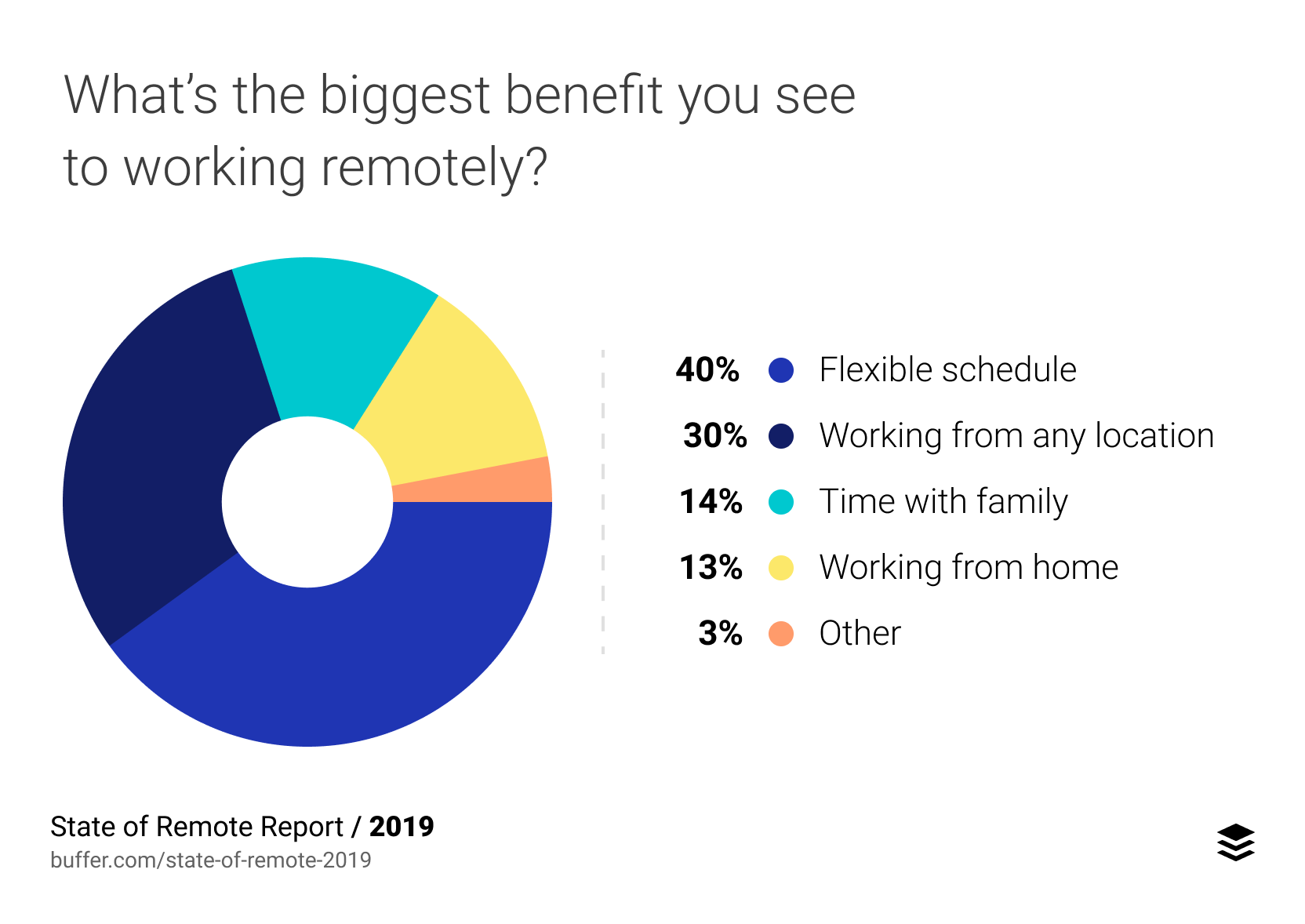Remote work has become increasingly popular in recent years, thanks to advancements in technology that have made it easier than ever for employees to work from anywhere in the world. With the rise of remote work, companies are reimagining the traditional office space and embracing a more flexible approach to work.
Benefits of Remote Work
One of the biggest benefits of remote work is the flexibility it offers employees. With the ability to work from home or any location with an internet connection, employees are able to create a work environment that suits their needs and allows them to be more productive. Remote work also eliminates the need for long commutes and allows employees to better balance their work and personal lives.
Furthermore, remote work can lead to cost savings for both employees and employers. With employees working from home, companies can save money on office space and other overhead expenses. Employees also benefit from saving money on commuting costs and other expenses associated with working in a traditional office setting.
Challenges of Remote Work
While remote work offers many benefits, it also presents some challenges for both employees and employers. One of the biggest challenges of remote work is the lack of in-person interaction and communication. Without face-to-face interactions, employees may feel isolated and disconnected from their colleagues. Employers may also find it challenging to manage remote teams and ensure that everyone is staying on track with their work.
Another challenge of remote work is the potential for distractions at home. Without the structure of a traditional office setting, employees may find it difficult to stay focused and productive while working from home. Employers may also struggle to monitor employee performance and ensure that work is being completed in a timely manner.
Technology’s Role in Remote Work
Technology plays a crucial role in enabling remote work and reshaping the modern workplace. With the rise of tools like video conferencing, cloud storage, and project management software, employees are able to collaborate and communicate effectively from anywhere in the world. These tools make it easier for remote teams to stay connected and work efficiently, regardless of their physical location.
Additionally, technology has made it possible for employees to access company resources and systems securely from remote locations. With the use of VPNs and other security measures, employees can work safely and securely from home or any other remote location. This level of connectivity and security would not be possible without the advancements in technology that we have seen in recent years.
The Future of Remote Work
As technology continues to advance, remote work is only expected to become more prevalent in the modern workplace. Companies are increasingly embracing remote work as a way to attract top talent, reduce costs, and promote a better work-life balance for employees. With the right technology and support in place, remote work can be a win-win for both employees and employers.
Overall, technology is reshaping the modern workplace and paving the way for a new era of remote work. As companies continue to adapt and embrace remote work, we can expect to see a shift in the way we work and collaborate in the years to come.
Interested in learning more about how technology is reshaping the modern workplace? Contact us today to find out how we can help your company succeed in the remote work revolution.


